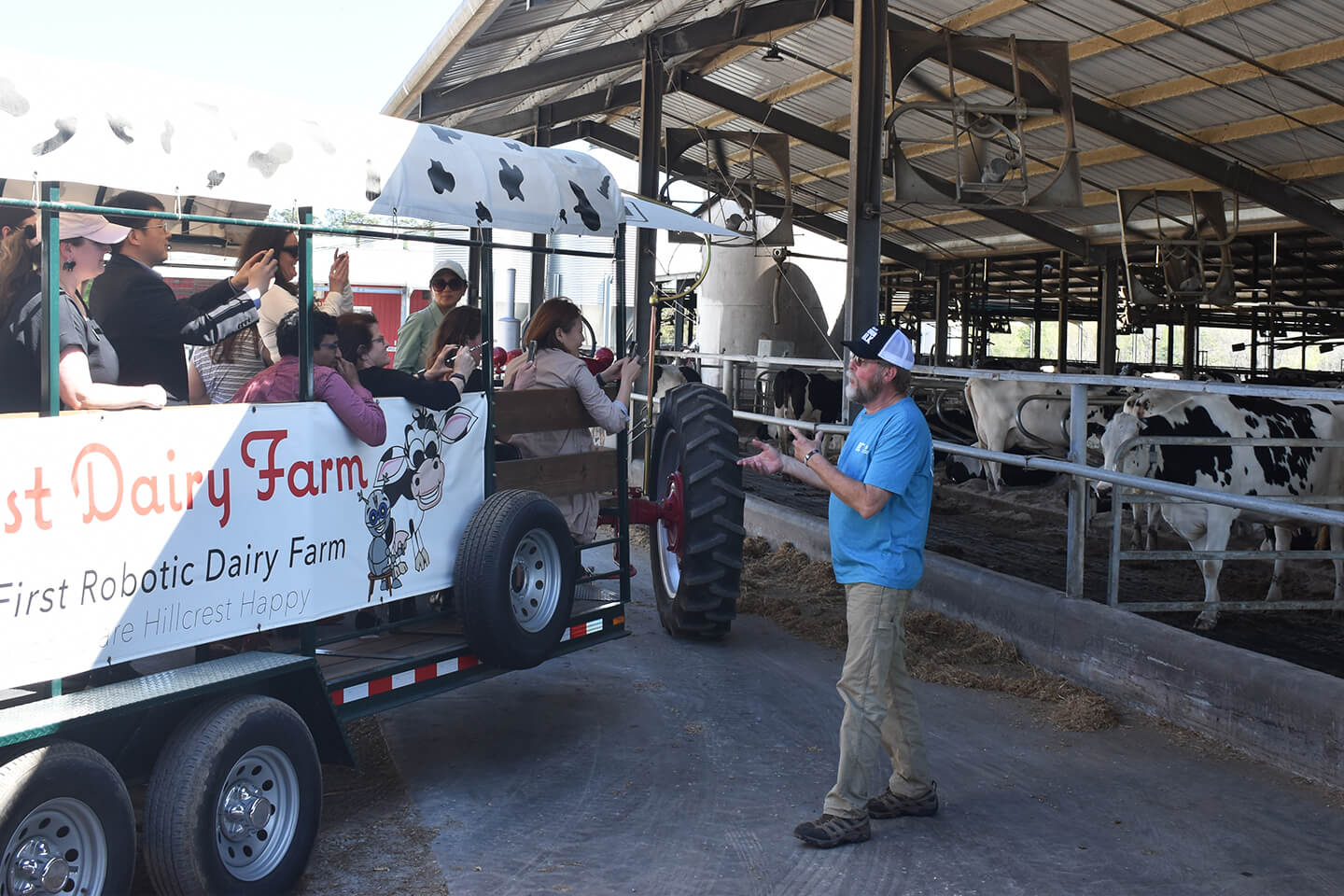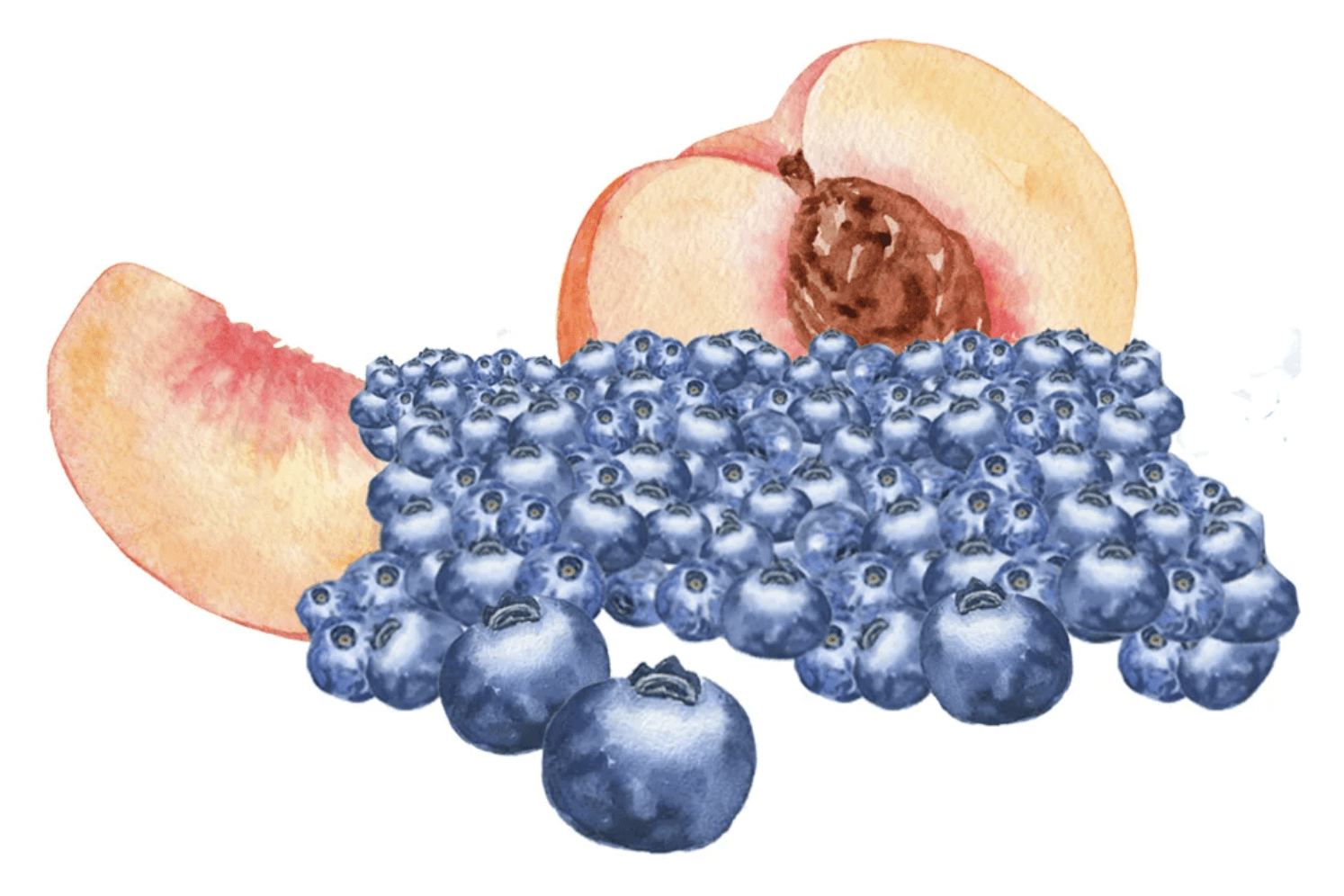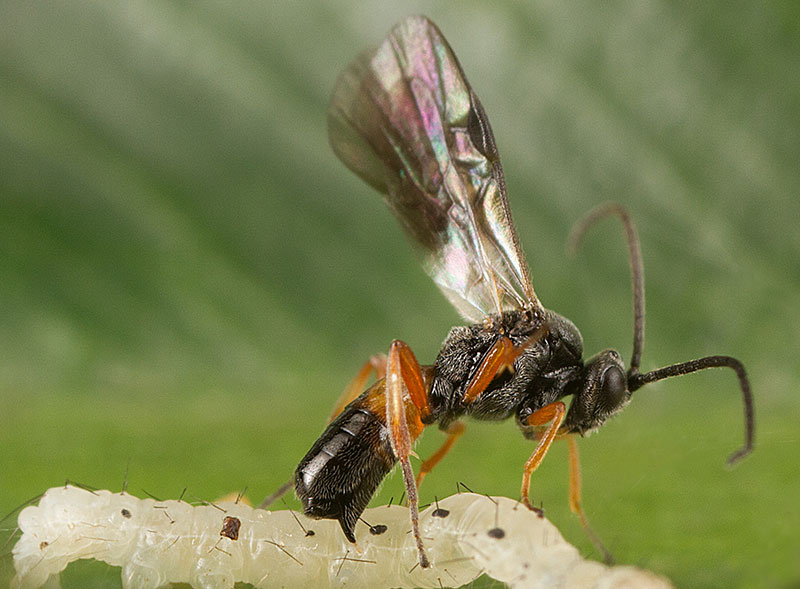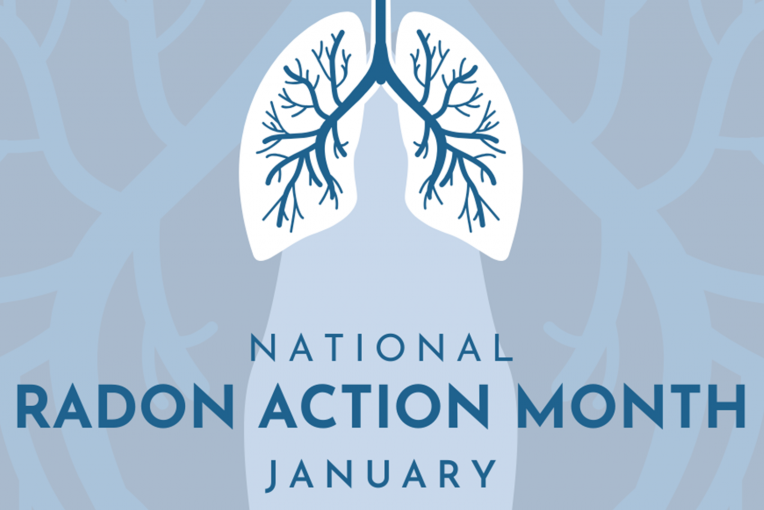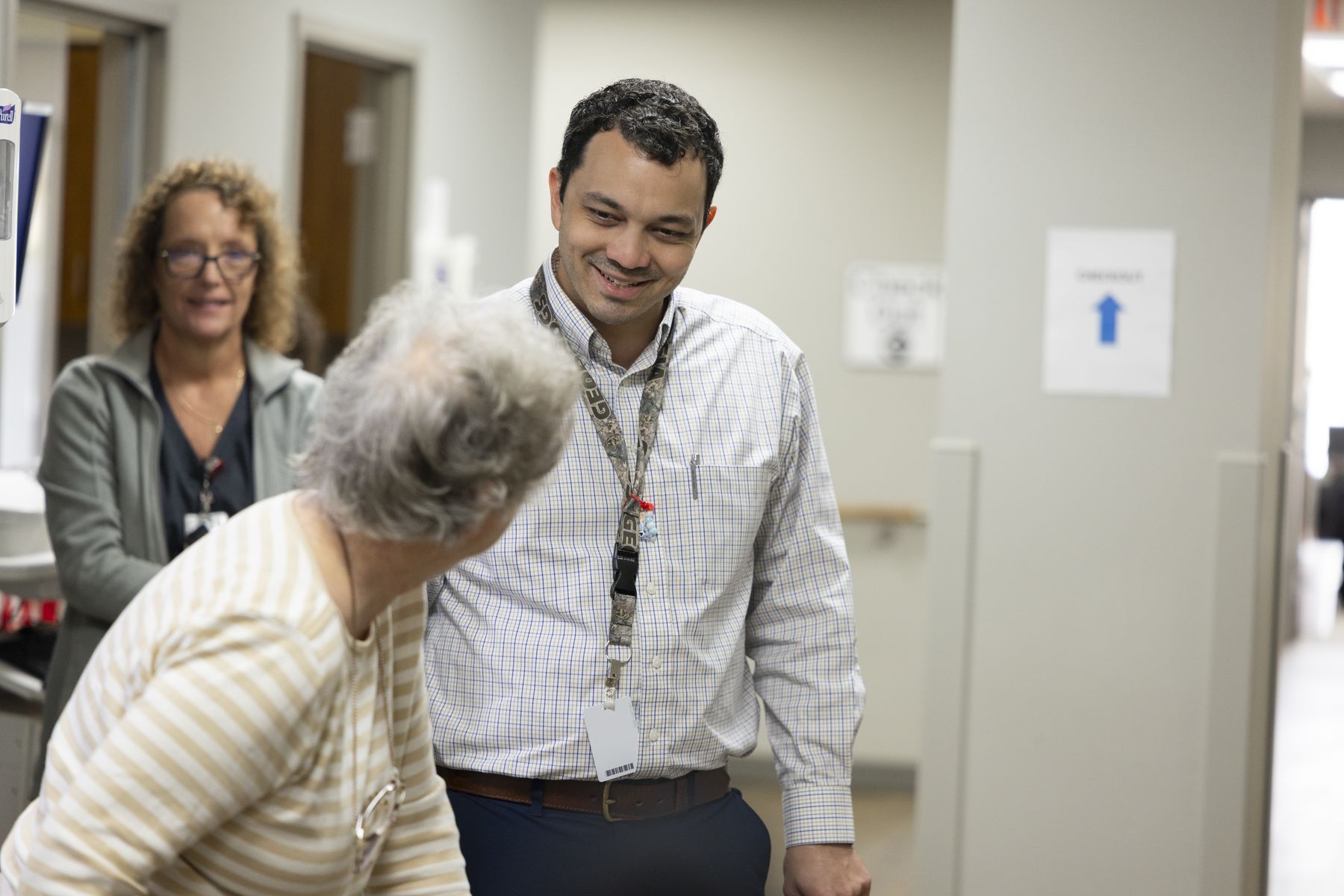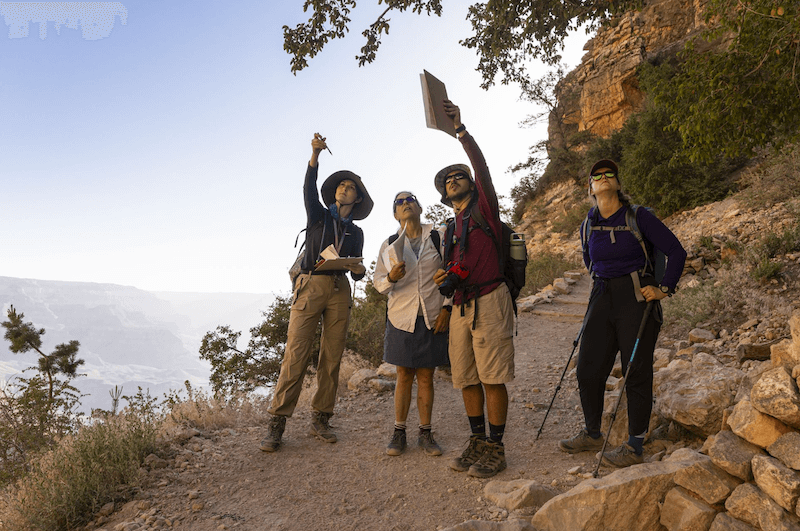 CAES News
CAES News
2025 Alumni Association Awards
Five alumni from the University of Georgia College of Agricultural and Environmental Sciences will be honored next month at the 69th annual CAES Alumni Association Awards banquet on March 21 at the Classic Center in Athens, Georgia. The annual ceremony honors college alumni for their outstanding achievements. The event also includes recognition of new inductees into the Georgia Agricultural Hall of Fame. “Agriculture and agribusinesses are vital to many of our communities and vital to each of us in our daily lives,” said Carlton Self, CAES Alumni Association board president.

